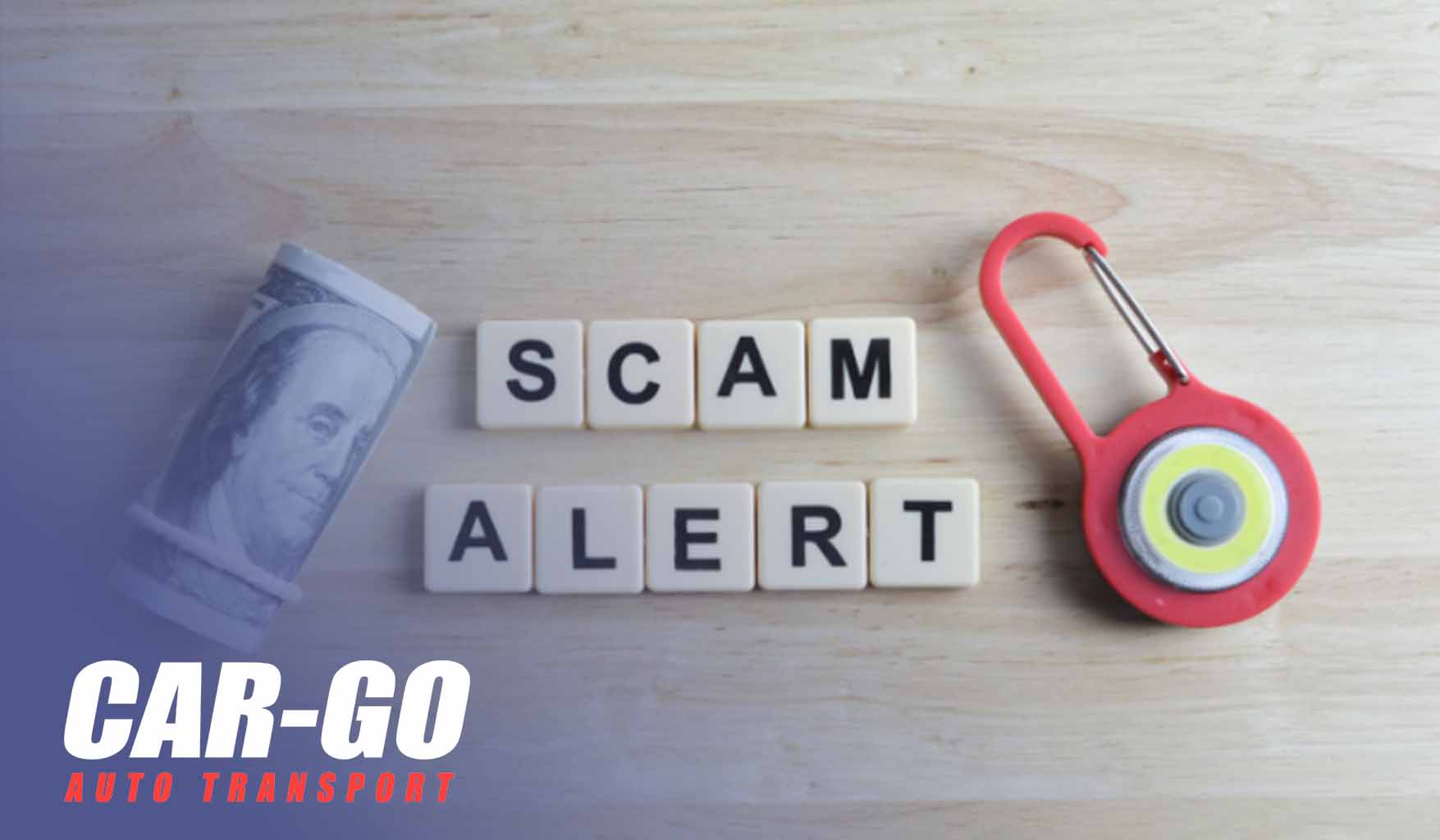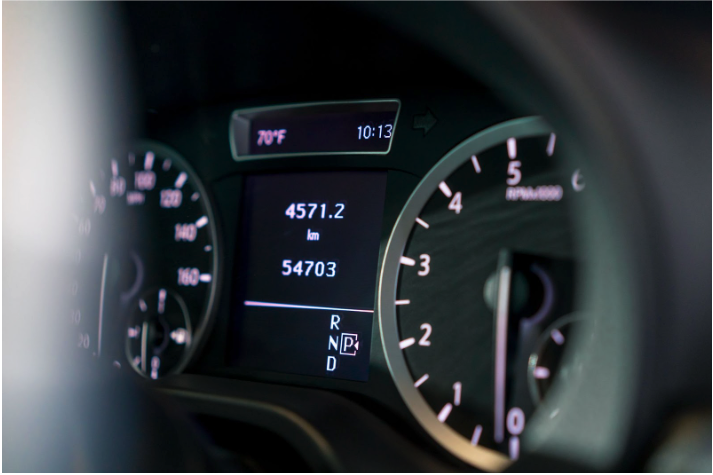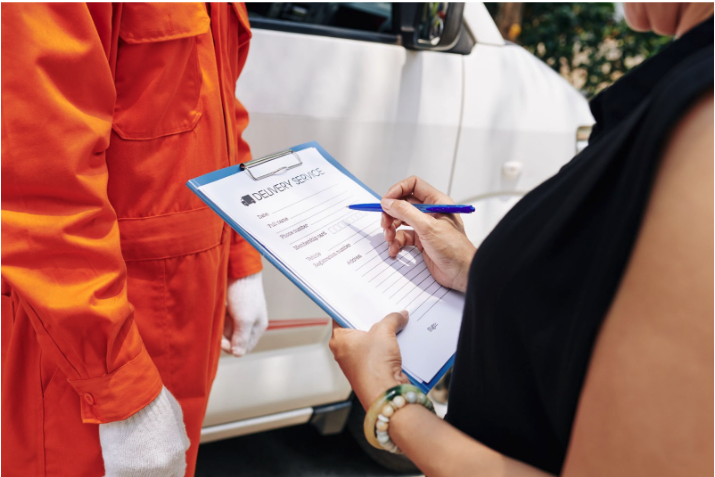Car scams have become an unfortunate reality in today’s digital marketplace. Whether buying or selling, fraudsters have developed sophisticated methods to separate honest people from their money. These schemes cost Americans billions annually, with car-related fraud ranking among the most common types of online theft.
The rise of online marketplaces has made car transactions more convenient than ever, but it’s also opened doors for creative criminals. Understanding how these scammers operate can save buyers and sellers thousands of dollars and countless headaches.

Warning Signs of Fraudulent Car Deals
Questionable Seller Profiles
Fake profiles often share telltale characteristics that careful buyers can spot. Recently created accounts with minimal activity raise immediate red flags. Legitimate sellers have established online presences with previous transactions or reviews from other users.
Contact information that seems vague or suspicious deserves extra scrutiny. Sellers who provide only email addresses or phone numbers that go straight to voicemail may be hiding their true identities. Geographic inconsistencies also warrant attention. When a seller claims to be local but their area code suggests otherwise, questions naturally arise.
Photos can reveal deception too. Legitimate sellers usually provide multiple high-quality images showing different angles of their vehicle. Stock photos, blurry images, or pictures that look professionally staged might indicate a fraudulent listing.
Suspicious Payment Methods
Payment requests often expose scammer intentions before any money changes hands. Wire transfers represent one of the biggest red flags in car transactions. Once sent, wire transfers become nearly impossible to reverse, making them perfect tools for fraud.
Gift card requests should immediately end any legitimate negotiation. No honest seller accepts payment through iTunes cards, Amazon gift certificates, or any other prepaid cards. These methods provide anonymity for criminals while offering zero recourse for victims.
Overpayment schemes have tricked countless victims over the years. Buyers who send cashier's checks exceeding the agreed price, then request refunds for the difference, are running classic fraud operations. The checks inevitably bounce, leaving sellers without their vehicles and responsible for the full amount.
High-Pressure Sales Tactics
Scammers frequently create artificial urgency to prevent victims from thinking clearly. Phrases like "cash only, must sell today" or "first person with money gets it" signal potential fraud. Legitimate sellers understand that major purchases require time and consideration.
Refusal to meet in person raises major concerns. Sellers who won't allow potential buyers to inspect vehicles firsthand often have something to hide. Video calls, while helpful, cannot replace physical inspections for such significant purchases.
Common Car Scam Techniques
Odometer Fraud
Rolling back odometers remains a profitable criminal enterprise. Scammers purchase high-mileage vehicles, adjust the odometers, then sell them as low-mileage bargains. Modern digital odometers have made this process more complex, but determined criminals continue finding ways around security measures.
Mismatched wear patterns often expose odometer tampering. Vehicles with supposedly low mileage shouldn't show excessive wear on pedals, steering wheels, or gear shifters. Service records that don't align with odometer readings also suggest manipulation.
Fake Vehicle Listings
Stolen car listings flood online marketplaces daily. Criminals photograph vehicles they don't own, then post attractive listings to lure unsuspecting buyers. Prices significantly below market value should raise immediate suspicion.
Stock photos from manufacturer websites sometimes appear in fraudulent listings. Reverse image searches can quickly identify whether listing photos match other advertisements or promotional materials. Multiple identical listings across different platforms with varying contact information also indicate fraud.
Title Washing Operations
Title washing allows criminals to hide vehicle damage histories by moving titles across state lines. Severely damaged cars receive clean titles in states with lenient regulations, then get sold to unsuspecting buyers elsewhere.
VIN cloning represents another sophisticated scheme. Criminals steal vehicle identification numbers from legitimate cars, then apply them to stolen or damaged vehicles. Buyers believe they're purchasing clean vehicles when they're actually buying trouble.

Protecting Yourself From Car Scams
Research forms the foundation of safe car buying. Checking seller backgrounds through multiple sources can reveal inconsistencies or warning signs. Social media profiles, business reviews, and previous transaction histories provide valuable insights into seller legitimacy.
Companies like Car-Go Auto Transport understand these industry challenges and work to provide transparent, honest service to their customers. When dealing with vehicle transportation, choosing reputable companies becomes just as important as selecting trustworthy sellers.
Meeting sellers in person remains one of the most effective fraud prevention methods. Scammers rarely agree to face-to-face meetings, especially in public locations. Police stations, shopping centers, and busy parking lots provide safe meeting environments for both parties.
Secure payment methods protect buyers from most fraud attempts. Bank transfers, cashier's checks from reputable institutions, and escrow services offer better protection than cash or alternative payment methods. Never send money before seeing vehicles in person and verifying all documentation.
Vehicle history reports from services can reveal hidden problems. These reports show accident histories, flood damage, and other issues that sellers might conceal. However, some criminals create fake history reports, so obtaining reports directly from official sources remains important.
VIN verification through multiple databases helps confirm vehicle legitimacy. The National Insurance Crime Bureau offers free VIN checks, while manufacturers often provide additional verification services. Comparing VINs on vehicles with those listed on titles and registration documents can expose fraud attempts.
When Fraud Suspicions Arise
Documentation becomes critical when fraud seems likely. Screenshots of conversations, saved emails, and recorded phone calls can help law enforcement investigate crimes. Even seemingly minor interactions might contain valuable evidence.
Stopping communication immediately prevents further exposure to fraud attempts. Continuing conversations with suspected scammers rarely produces positive outcomes and might provide them with additional personal information to misuse.
Reporting suspected fraud helps protect other potential victims. Online platforms take fraud reports seriously and often remove suspicious listings quickly. Local law enforcement agencies, state attorney general offices, and the Federal Trade Commission all accept fraud reports and investigate when appropriate.
Online consumer forums provide platforms for sharing experiences and warning others about specific scams. Many fraud victims find support and advice from others who've faced similar situations.

Conclusion
Trust instincts when something feels wrong about a car transaction. Years of social conditioning teach people to recognize deception, and those feelings often prove accurate. Walking away from suspicious deals costs nothing compared to falling victim to fraud.
Using established platforms with buyer protection programs reduces fraud risks significantly. While scammers operate everywhere, reputable websites implement security measures and investigation procedures that make fraud more difficult.
Meeting at familiar locations provides advantages for both safety and comfort. Choosing locations with good lighting, security cameras, and plenty of people around discourages criminal activity while making everyone more comfortable.
The car buying process should never feel rushed or secretive. Legitimate transactions involve open communication, reasonable timeframes, and mutual respect between parties. Any deviation from these norms deserves careful consideration before proceeding.
Understanding common fraud techniques helps buyers and sellers recognize threats before becoming victims. Education remains the best defense against increasingly sophisticated criminal operations targeting the automotive market.
Frequently Asked Questions
Ready to Move Your Vehicle Safely?
Don't let car scams discourage you from making necessary vehicle purchases or relocations. When you need reliable auto transport services, Car-Go Auto Transport services provide transparent pricing, direct communication, and trustworthy service you can count on.
Whether you're relocating across the country, moving a recently purchased vehicle, or managing fleet logistics, our experienced team handles your transportation needs with professionalism and care. Contact Car-Go Auto Transport today for a free quote and discover why thousands of customers trust us with their valuable vehicles.